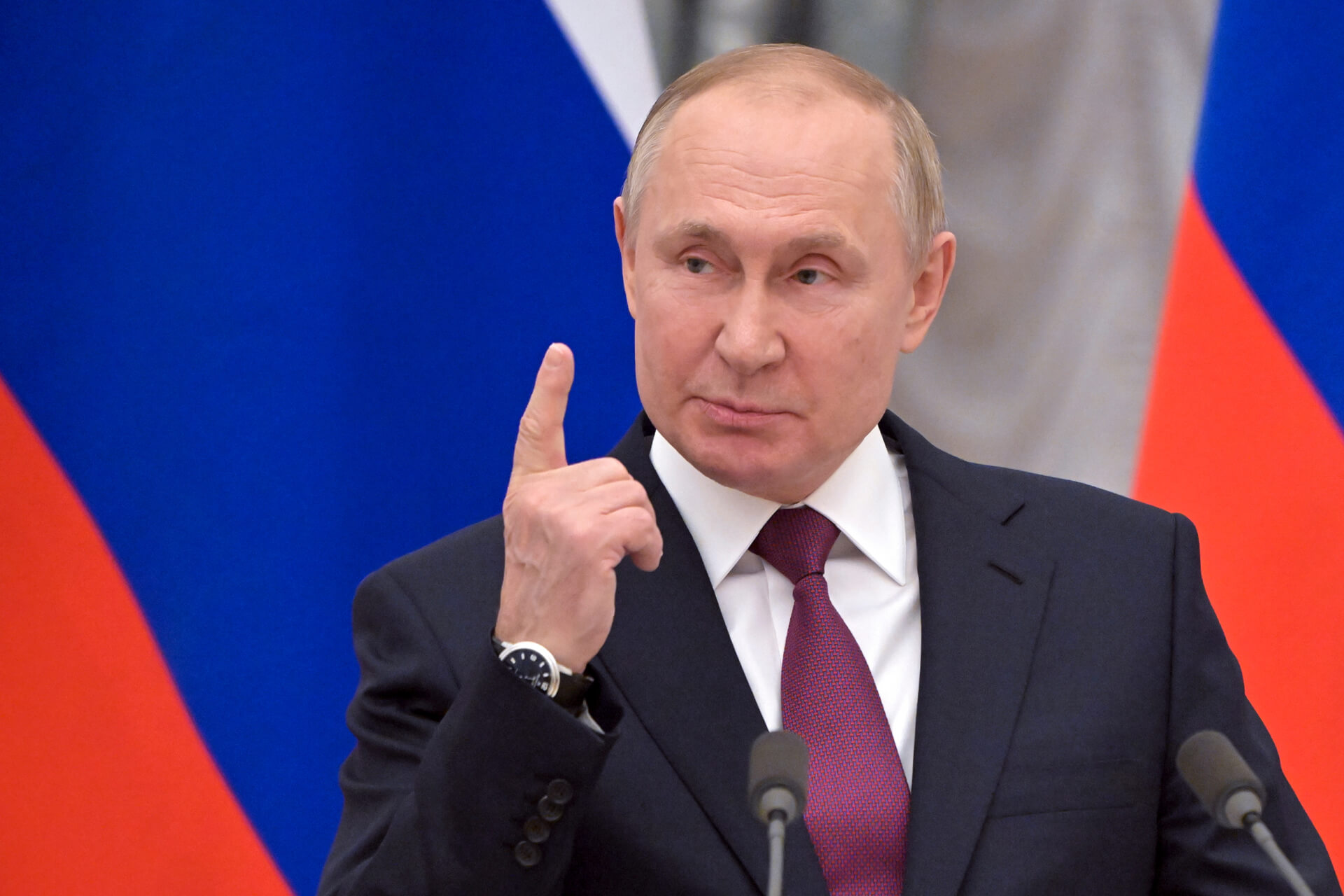On Monday, Russian President Vladimir Putin signed two executive orders that officially proclaim the independence of Donetsk People’s Republic (DNR) and the Luhansk People’s Republic (LNR), two Russia-backed breakaway territories in the Donbas region of Eastern Ukraine.
Putin followed this move by asking Russia’s Defence Ministry to send “peacekeepers” to these regions to consolidate their independence. Defence Minister Sergey Shoigu said Russia is anticipating “serious provocations” from Ukraine, calling the situation “extremely tense.”
🖋️ President Vladimir #Putin signed the Executive Orders On the Recognition of the #Donetsk People’s Republic (DPR) and the #Lugansk People’s Republic (LPR), inked Treaties of Friendship, Cooperation and Mutual Assistance between Russia & #DPR & #LPR.
— MFA Russia 🇷🇺 (@mfa_russia) February 21, 2022
🔗 https://t.co/KNbnAJRcFq pic.twitter.com/G1OTGcWimA
Putin announced Russia’s recognition of the independence of DNR and LNR after an unscheduled Security Council meeting to address the escalating situation in Donbas. During the meeting, Putin accused the current Ukrainian government of conducting “punitive operations” in certain parts of Donbas that did not recognise the 2014 elections, which Putin described as an “anti-constitutional, blood-shedding coup.” He also criticised Ukraine for not implementing the Minsk Agreements, adding that Moscow’s efforts to ensure peace have not been reciprocated by Kyiv.
Putin emphasised that this is a matter of international security and noted that Russia intensified its contact with the United States (US) and the North Atlantic Treaty Organization (NATO) to reach a peaceful consensus. However, Putin accused Washington and NATO of not agreeing to Moscow’s security demands and instead jeopardising Russia’s security by promising NATO membership to Georgia and Ukraine.
❗️ Below is a brief overview of #provocations prepared by the #US, which show clearly the kinds of tools that have long been an integral part of the American foreign policy.
— MFA Russia 🇷🇺 (@mfa_russia) February 21, 2022
👉 Find more historical examples of the West-fabricated pretexts for aggression: https://t.co/MQ709Nm5f5 pic.twitter.com/8QAoGCr0AH
In a television address, Putin affirmed that Ukraine’s NATO membership is a “direct” threat to Russian security, adding that it goes against the US and NATO’s 2008 promise. Putin also claimed that “Ukraine never had a tradition of genuine statehood,” evoking the memories of Joseph Stalin and Vladimir Lenin, and declared Russia’s commitment towards the separatists in Donetsk and Luhansk to be a historical responsibility.
Russian Foreign Minister Sergey Lavrov said that Washington and NATO have completely overlooked Moscow’s primary demands for NATO to halt its eastward expansion and for the US to cease its missile movement in Europe as laid out in Putin’s security proposal in December. Even though the West’s response to Putin’s security proposal addresses some of Russia’s concerns, Lavrov stressed that Russia’s security demands are not “a la carte menu to choose from.” Nevertheless, Lavrov hinted that Russia is open to diplomacy, saying, “These openings are small but they do exist.”
#Nebenzia at UNSC briefing on #Ukraine: Many our colleagues are willing to attest that the #MinskAgreements are dead, which is not true. #Kiev🇺🇦 still has to implement them. We remain open for a diplomatic solution, but we will not allow for another bloodbath in #Donbas. pic.twitter.com/IGfhZPUjfc
— Russian Mission UN (@RussiaUN) February 22, 2022
The conflict in Donbas has escalated sharply in recent days with Russia-backed separatists and the Ukrainian armed forces exchanging fire at an unprecedented level. Last Saturday, the Organization for Security and Co-operation in Europe (OSCE) reported 1,500 ceasefire violations in the region—a record for this year. On Monday, Russian armed forces killed five Ukrainian army members for breaching Russia’s territory; however, Ukraine dismissed the information as false.
In this context, Lavrov’s meeting with the US Secretary of State Antony Blinken in Geneva this week will be a critical juncture in the ongoing Russia-Ukraine conflict.
❗️ Below is a brief overview of #provocations prepared by the #US, which show clearly the kinds of tools that have long been an integral part of the American foreign policy.
— MFA Russia 🇷🇺 (@mfa_russia) February 21, 2022
👉 Find more historical examples of the West-fabricated pretexts for aggression: https://t.co/MQ709Nm5f5 pic.twitter.com/cVml6gNkJZ

